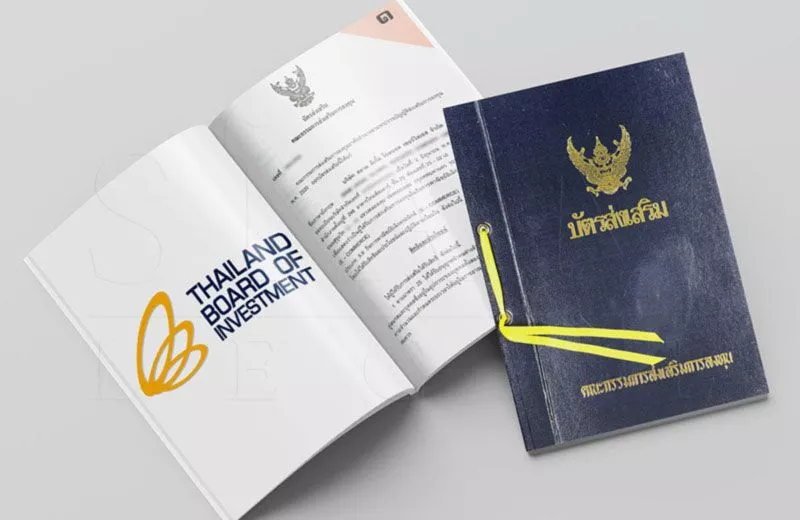Thailand Board of Investment

Driving foreign direct investment and promoting economic progress, the Thailand Board of Investment (BOI) is a key organization in Thailand’s economy. Thailand’s industrial and technological developments are greatly aided by the BOI, which was established with the goal of attracting and facilitating investments. This article explores the importance, duties, rewards, and application procedure of the Thailand Board of Investment, highlighting the crucial role it plays in promoting the expansion and development of businesses.
I. Thailand Board of Investment’s Origins
The Office of the Prime Minister is home to the government organization known as the Thailand Board of Investment, which was founded in 1954. It was established to promote and facilitate investment in Thailand’s key industries by both domestic and foreign parties.
II. Objectives of the BOI
A. Encouraging Investment: The BOI’s main objective is to encourage and assist investment in sectors of the economy that complement Thailand’s growth plans.
B. Strengthening Economic Competitiveness: The BOI seeks to increase Thailand’s industries’ competitiveness on the international scene by providing a variety of incentives.
C. Fostering Technological Innovation: To promote industrial growth and raise productivity, the BOI supports the use of cutting-edge technology and innovation.
III. Investment Promotion and Priority Industries
Industries are categorized by the BOI, which also provides a range of incentives to entice investment. Manufacturing, mining, agro-industry, and services are examples of priority industries.
IV. BOI Investment Incentives
A. Tax Privileges: Depending on the industry and region, the BOI provides tax exemptions or reductions on corporate income tax for a predetermined amount of time.
B. Import Duty Exemption or Reduction: Projects that meet the eligibility requirements can benefit from import duty exemptions or reductions on machinery, raw materials, and necessary components.
C. Land Ownership and Use Rights: Under certain restrictions, foreign investors may be granted the right to possess land for the purpose of promoting certain activities.
D. Permission for Foreign Workers: Foreign technicians, experts, and skilled workers are permitted to work in Thailand by the BOI.
V. Application Process
A. Project Proposal and Eligibility: Investors must submit a project proposal that outlines their investment strategy and meets all eligibility requirements.
B. Submission of the BOI Application: The application is sent to the BOI together with the necessary paperwork.
C. BOI Evaluation and Approval: After reviewing the proposal, the BOI grants promotion privileges to the investment project.
VI. BOI and Economic Growth
A significant amount of foreign direct investment has been drawn to Thailand thanks in large part to the BOI, which has accelerated the country’s industrial growth, technical development, and job creation.
VII. Challenges and Future Endeavors
Even though the BOI has been essential to Thailand’s economic growth, it is still changing to meet new obstacles and take advantage of new opportunities in the world of international trade.
Conclusion
Thailand’s economic performance continues to be largely attributed to the Thailand Board of Investment, which promotes investment, technological development, and industrial expansion. The BOI’s array of incentives keeps drawing in both domestic and foreign investors, strengthening Thailand’s standing as a major player in the international market. Thailand’s future economic growth is expected to be greatly influenced by the BOI, as it embraces rising sectors and adjusts to changing economic environments.
Leave a Reply